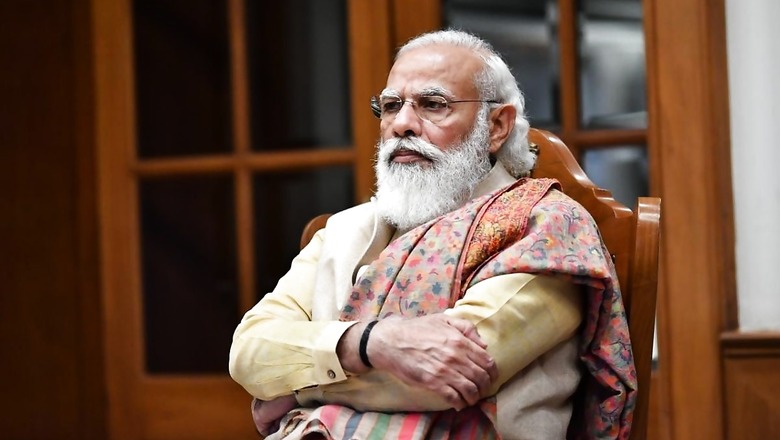
views
Prime Minister Narendra Modi led the call for a TRIPS waiver for India and South Africa, a move that was supported by Australia, the Ministry of External Affairs said on Sunday.
India has worked with South Africa and other partners at the World Trade Organization (WTO) to seek a relaxation in the norms of the Trade-Related Aspects of Intellectual Property Rights (TRIPS) agreement to ensure quick and affordable access to vaccines and medicines for developing countries during the COVID-19 pandemic.
The MEA said the PM spoke at three sessions at the G7 — Health, Climate Change, and Open Societies.
The Group of Seven (G7), comprising the United Kingdom (UK), Canada, France, Germany, Italy, Japan and the United States (US), will today back new conservation and emission targets to curb climate change, and finalise collective action on several other fronts. With this, the leaders will wrap up the three-day summit.
Here are the key takeaways from his address:
• PM Modi today spoke in two sessions on climate change and open societies. “On climate change, PM called for collective action, recognizing that this challenge can’t be addressed in silos. He shared that India is the only G20 country on track to meet its Paris commitments,” the MEA said. The PM also highlighted importance of the International Solar Alliance.
“Also participated in the @G7 session on Climate and reiterated India’s strong commitment to climate action. India is the only G20 country on track to meet its Paris Commitments. And Indian Railways is committed to “Net Zero” by 2030,” he said on Twitter.
• During the PM’s address at the session on ‘open societies and open economies’ at the G7 summit, he highlighted India’s civilisational commitment to democracy, freedom of thought and liberty.
• “Was happy to address the @G7 Session on Open Societies as a Lead Speaker. Democracy and freedom are part of India’s civilizational ethos, and find expression in the vibrancy and diversity of India’s society,” Modi said in a tweet, later.
Was happy to address the @G7 Session on Open Societies as a Lead Speaker. Democracy and freedom are part of India's civilizational ethos, and find expression in the vibrancy and diversity of India's society. https://t.co/Tjw5vPcGxr— Narendra Modi (@narendramodi) June 13, 2021
• Modi also highlighted the revolutionary impact of digital technologies on social inclusion and empowerment in India through application such as Aadhaar, Direct Benefit Transfer (DBT) and JAM (Jan Dhan-Aadhaar- Mobile) trinity.
• In his remarks, the prime minister underscored the vulnerabilities inherent in open societies and called on tech companies and social media platforms to ensure a safe cyber environment for their users, additional secretary (economic relations) in the MEA P Harish said at a press conference. “The prime minister’s views were appreciated by other leaders in the gathering,” he said.
• Harish said the G7 leaders underlined their commitment to a free, open and a rules-based Indo-Pacific and resolved to collaborate with partners in the region.
• India’s participation at the G7 sessions reflected understanding within the bloc that resolution to “the biggest global crisis of our time” is not possible without India’s involvement and support, he said, in a reference to the coronavirus pandemic.
• He said India will remain deeply engaged with the G7 and guest partners on all major issues, including health governance, access to vaccines and climate action.
• The government said French President Emmanuel Macron also highlighted the need to focus on ramping up production capacity in Africa and call on India to lend its expertise as an important production hub globally.
• Calling on the G7 to demonstrate leadership, PM Modi sought their strong support for India and South Africa’s proposal for a TRIPS waiver at WTO. His call was strongly echoed by President Cyril Ramaphosa, the MEA said
Focus on Climate Change at G7
The group of leading economies, holding their first in-person gathering in nearly two years due to the coronavirus pandemic, will agree to protect at least 30 percent of both land and ocean globally by the end of the decade.
The “Nature Compact” struck to try to halt and reverse biodiversity loss is also set to see them commit to nearly halve their carbon emissions by 2030, relative to 2010.
It includes mandating the use of only so-called clean coal for power “as soon as possible”, ending most government support for the fossil fuel sector overseas and phasing out petrol and diesel cars.
Hailing the pact, British Prime Minister Boris Johnson — who is hosting the beachside summit in Cornwall, southwest England — said the G7 wanted to “drive a global Green Industrial Revolution to transform the way we live”.
“There is a direct relationship between reducing emissions, restoring nature, creating jobs and ensuring long-term economic growth,” he added, in remarks released ahead of the summit’s conclusion.
Climate change was a key G7 priority for his government, as it tries to lay the groundwork for hosting the UN COP26 environment summit in Glasgow in November. But before the pledges had even been formally adopted, environmental campaigners blasted them as lacking enforcement and the necessary scope.
“Despite the green soundbites, Boris Johnson has simply reheated old promises and peppered his plan with hypocrisy, rather than taking real action to tackle the climate and nature emergency,” said Greenpeace UK’s executive director John Sauven.
He also noted wealthy nations had a “dismal track record” over the last decade honouring international climate finance commitments.
Ties renewed
The G7 — Britain, Canada, France, Germany, Italy, Japan and United States — were eager to hold their first physical summit since August 2019 to renew ties after the discord of Donald Trump’s four years in power.
Joe Biden has sought to turn the page on his predecessor’s international isolationism, seeking to open a new chapter in the Western alliance after Trump alienated and exasperated it at every turn.
The UK government turned to its royals to add a dash of grandeur to the G7 detente, with Queen Elizabeth II and her son Prince Charles hosting a Friday night reception with G7 leaders and European Union chiefs also attending.
Joined Saturday by counterparts from Australia, South Africa and South Korea — with India also taking part remotely — they then enjoyed an evening beach barbecue around fire pits, featuring a sea shanty band and toasted marshmallows.
Despite the lighter moments, the summit was largely consumed with the tough task of forging a more comprehensive response to the pandemic.
Leaders agreed a declaration to help prevent future pandemics and are expected to commit to donate one billion Covid-19 vaccine doses to poor countries.
However, there they also faced pushback, with critics arguing it provides just a fraction of what is needed to inoculate the world against the virus, which has claimed nearly four million lives globally and is still spawning new variants.
Tea with the Queen
The allies also unveiled US-led plans to counter China in infrastructure funding for poorer nations, promising to “collectively catalyse” hundreds of billions of investment.
The “Build Back Better World” (B3W) project is aimed squarely at competing with Beijing’s trillion-dollar Belt and Road infrastructure initiative, which has been widely criticised for saddling small countries with unmanageable debt.
The leaders will publish further details on the B3W in the traditional end-of-summit communique, alongside issuing the Carbis Bay Declaration on health policy.
G7 leaders were set to return to discussions on other shared foreign policy challenges, on promoting “open societies”. Washington is pushing for a stronger stance on China’s alleged forced labour practices against its Muslim Uyghur minority. Current tense relations with Moscow, in particular over its cyber activity, are also expected to feature.
Most of those present will reconvene Monday in Brussels for a NATO meeting, before Biden heads on to his first summit with Russian President Vladimir Putin in Geneva, vowing to deliver a blunt message about Russian behaviour.
Before that, the US president will visit the queen at Windsor Castle late Sunday, where he and First Lady Jill Biden will take tea with Britain’s longest-serving monarch.
Read all the Latest News, Breaking News and Coronavirus News here.












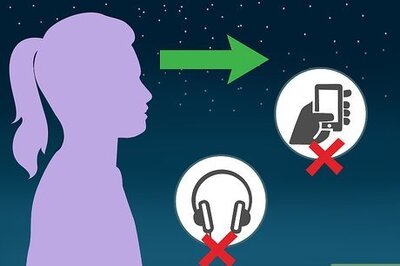
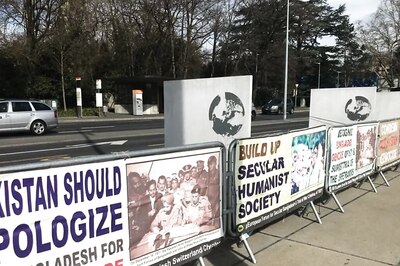

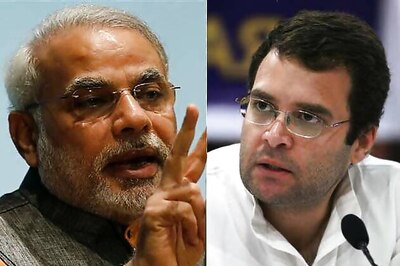

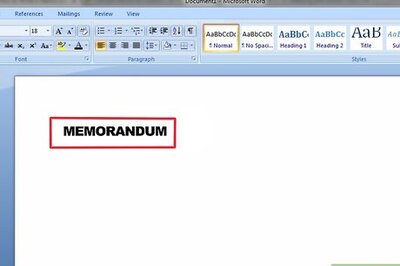
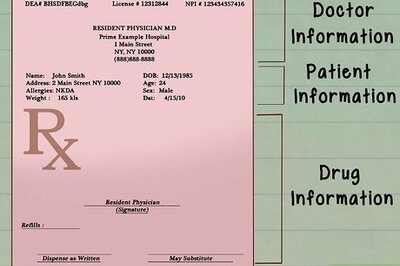
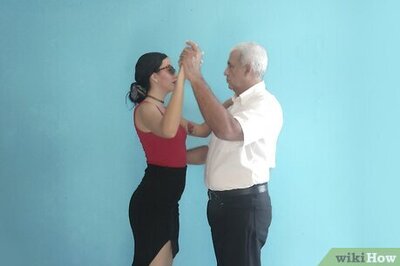
Comments
0 comment